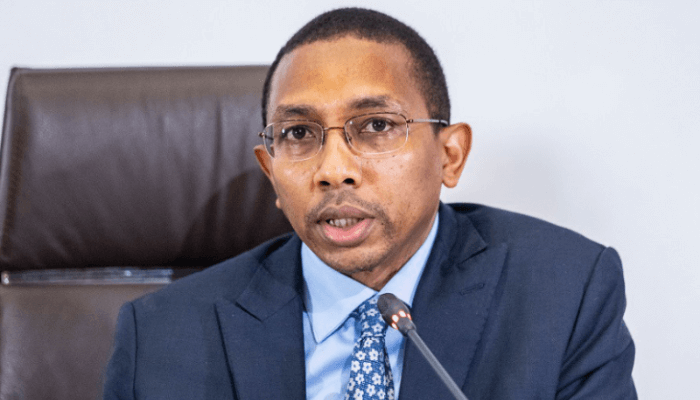
The Federal Government has announced plans to establish 435 clinical research centres across the country by 2028, with a target to generate $3.8bn in revenue from clinical trial activities.
The National Coordinator of the Presidential Unlocking Healthcare Value Chain Initiative, Abdu Muktar made this disclosure on Monday during a panel session titled ‘Is the Market Ready for Increased Local Manufacturing of Medicines?’ at the ongoing Nigeria Economic Summit.
A clinical trial is a medical study conducted in humans to determin,e the efficacy and safety of a drug or medical device.
Muktar stated that establishing these centres will require an investment of approximately $770m, with the government already identifying the locations.
He explained that discussions are underway with Contract Research Organisations to ensure demand for these centres once they are established.
“We’ve developed a business case, recently concluded with an organisation called Purpose Africa. We are projecting to establish 435 clinical trial centres in Nigeria. It’s going to cost about $770m to achieve this by 2028.
“But what’s interesting is the revenue that can potentially be generated from this, as well as the number of jobs created. In terms of revenue, we’re projecting to bring in about $3.8bn from clinical trial activities.
“We’re already in talks with those seeking to have these centres established. So, for $3.8bn in revenue, if you invest $770m, that means you’re potentially raising $5 for every dollar invested,” the National Coordinator said.
He also highlighted progress in genomic research, citing the recent launch of a major international genomic centre in Ede, Osun State. ...Read Full Article [Click Here>]
The centre was inaugurated with genomic experts, including Christian Happi and Francis Collins, former Director of the U.S. National Institutes of Health and leader of the Human Genome Project.
“We held extensive discussions on how Nigeria can become a global hub for genomics, leveraging the new centre in Ede as a foundation,” Muktar stated.
He added that the government is currently developing a single platform for pooled procurement of healthcare products to reduce costs and ensure access to essential medicines.
Muktar explained that the government is designing this procurement platform using a Public-Private Partnership framework, adopting successful international models of pooled procurement to fit Nigeria’s context.
“The president has given us the go-ahead, and we’re currently designing this. This has worked in some parts of the world, and we’re bringing it to Nigeria,” he noted.
“It’s one platform, not an agency. It will bring together the federal government, the states, manufacturers, health insurance agencies, and others,” he explained.
During the session, a consultant from the Nigeria Sovereign Investment Authority, Funke Falade, expressed optimism that clinical trial activities would increase in Nigeria and Africa over the next few years due to growing agitation within the international community for greater representation of Africans in clinical research and trials.
Falade also highlighted that the Nigerian government has developed a strong strategy for improving the clinical trial ecosystem.
However, she noted that the strategy’s potential to lead to drug discovery remains uncertain, depending on the availability of domestic financing for preclinical research, stating that “whoever pays for the science dictates the priorities.”





